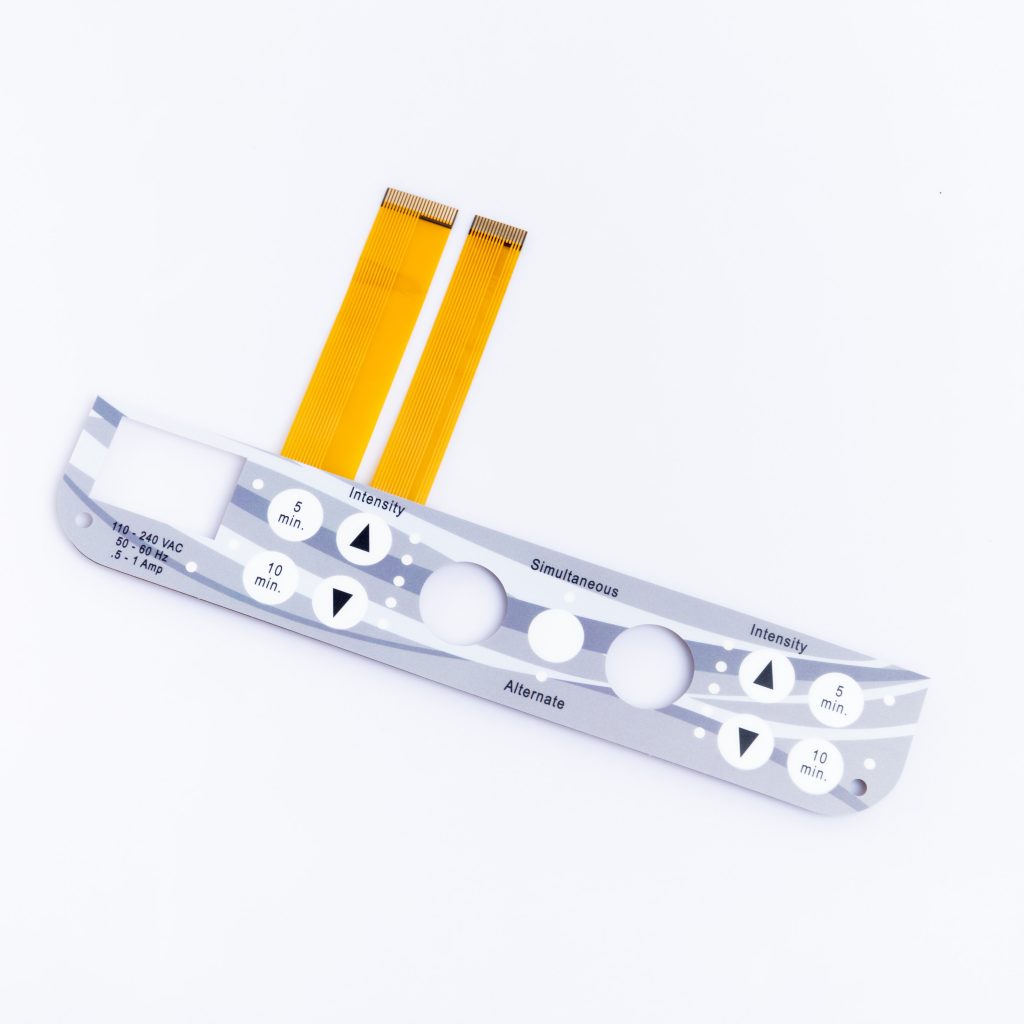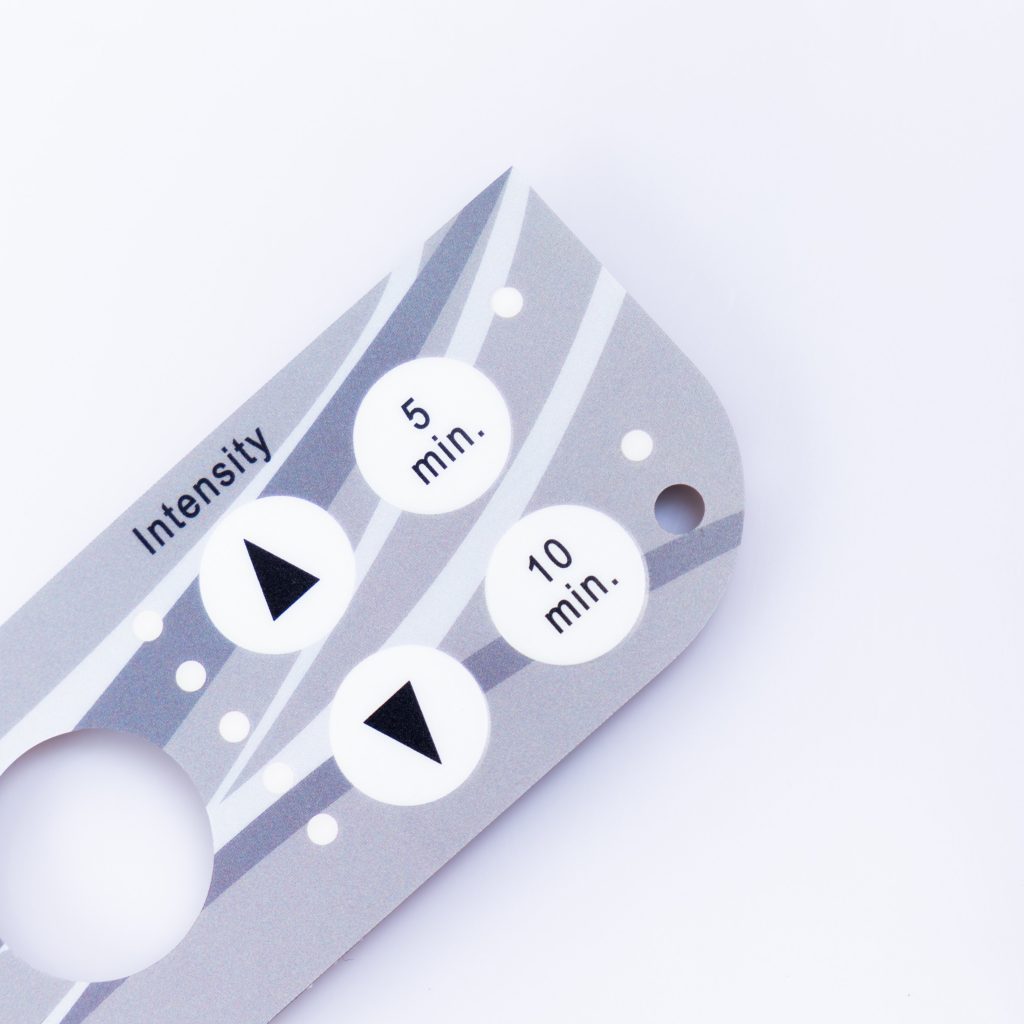Contact
Write to Us And We Would Be Happy to Advise You.
Do you have any questions, or would you like to speak directly with a representative?
By hqt
In the world of fire alarm control panels, there exists a critical component that often goes unnoticed, yet plays a pivotal role in ensuring the safety of lives and property. This unsung hero is the membrane switch, an interface that serves as the control center for these vital systems. In this article, we will delve into the significance of membrane switches in fire alarm control panels, exploring their unique features, benefits, and the reasons why they are indispensable in this crucial application.



Fire alarm control panels are the backbone of fire safety systems, monitoring and responding to potentially life-threatening situations. They require interfaces that are not only intuitive but also capable of withstanding harsh conditions. This is where membrane switches come into play.
Before we dive into the importance of membrane switches, let’s briefly understand the role of fire alarm control panels. These panels are responsible for detecting smoke, heat, or other indicators of fire, and they trigger alarms, sprinkler systems, and emergency responses when needed.
A membrane switch is a low-profile, flexible switch that utilizes printed circuits and graphic overlays. It consists of multiple layers, including a top graphic layer, a spacer layer, and a bottom circuit layer. When a user presses a button on the graphic overlay, it makes contact with the circuit layer, completing an electrical circuit and sending a signal to the control panel.
Fire alarm control panels are often installed in environments exposed to dust, moisture, and temperature extremes. Membrane switches are known for their durability and resistance to environmental factors, making them ideal for such demanding conditions.
In emergency situations, every second counts. Membrane switches provide tactile feedback, ensuring that users can quickly and confidently operate the control panel, reducing response times when it matters most.
Each fire alarm system is unique, with specific requirements. Membrane switches can be customized in terms of layout, colors, and labeling, allowing them to match the specific needs of each control panel.
Membrane switches are known for their simplicity and user-friendly design. They are intuitive to use, even for individuals with minimal training, which is crucial during emergencies.
Fire alarm systems often need to be cost-effective without compromising on quality. Membrane switches offer a cost-effective solution without sacrificing performance or reliability.
Reliability is paramount in fire alarm control panels. Membrane switches have a track record of high reliability, ensuring that they perform consistently when called upon in critical situations.
As technology advances, fire alarm systems may incorporate advanced features. Membrane switches can easily integrate with touchscreens, LED indicators, and other technological enhancements to improve functionality.
Membrane switches require minimal maintenance and have a long lifespan, reducing the overall cost of ownership for fire alarm control panels.
Fire safety regulations and industry standards are stringent. Membrane switches can be designed to meet these standards, ensuring that control panels are compliant and reliable.
While functionality is crucial, the aesthetics of control panels should not be overlooked. Membrane switches can be designed to enhance the overall look and feel of fire alarm control panels.
In an era of increased environmental awareness, membrane switches can be manufactured using eco-friendly materials, aligning with sustainability goals.
In conclusion, membrane switches play a pivotal role in the world of fire alarm control panels. Their durability, tactile feedback, customization options, user-friendliness, cost-effectiveness, reliability, and compatibility with advanced technology make them an indispensable component. As we continue to prioritize fire safety, membrane switches will remain a critical element in ensuring the effectiveness of fire alarm systems.
FAQs
Do you have any questions, or would you like to speak directly with a representative?